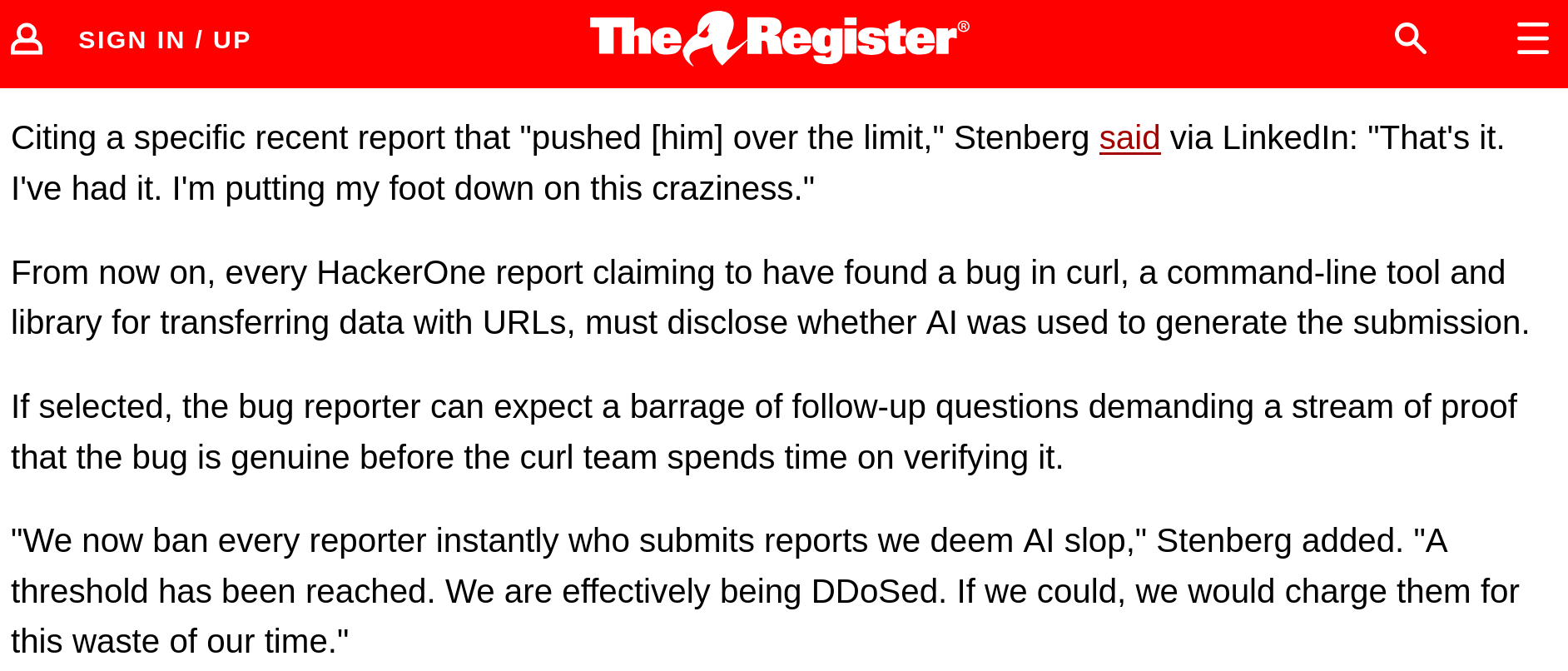How Not to Build Software
Software (compiled binaries, interpreted-to-machine-code, or source code) is created in all sorts of ways, e.g.: 1) hacking on the code is an existing project; 2) combining many libraries to make a new program that is little but function calls to those libraries; 3) starting something "from scratch", with habitual reuse of code and limited use of commonly-used, actively-maintained, sometimes standardised (for predictability) libraries.
In my case, a lot of software I built was started by taking prior programs that I had made, then taking "another direction" with those. For instance, suppose I wrote registration programs for MRI images and a nice, complex (versatile) GUI for them. If later I wanted to make a program for pattern recognition I could just take my MRI stuff and alter callbacks, menus etc. That's not "cheating"; it's economic, it's common sense, and it basically reuses code that I wrote myself and can therefore comprehend easily. It can also become modular and catching a bug in one program can help solve the same bug in another (or prior) program.
Microsoft GitHub encourages bad development processes. Many alternatives to it try hard to be "clones" of it (because... something something... habits and/or expectations). Emerging as a "force" more than a decade before Microsoft wrapped its tentacles around it and destroyed it further (it seems 'finished' already; Microsoft has no clue what to do with it because it only ever loses a ton of money [1, 2]), it's nothing but a "skinnerbox" toy for charlatans, plagiarists, and so-called "vibe coders" [sic] (a subset of the former groups). Merely being "on there" signals you're likely not a good developer and probably cannot cope with anything but spoon-feeding. Sort of like JZ (Jim Zemlin).
We don't have a Git "lab" or "hub" or whatever*. We've only ever self-hosted our Git instance and the "GUI" for it is made for Gemini Protocol (writing scripts for that didn't take long). It's not because we were lazy. We spent years researching all those "forges" that were Free software; they seemed unfit for purpose, not suitable for our actual use cases.
Developers who want to get things done instead of "clicking" things and trying to diagnose (or patch/upgrade) bloatware can recognise that time spent on tinkering with social control media-like "hubs" is time wasted. GitHub is a tool of bad engagement disguised as fake "productivity" based on false "metrics" (like activity matrices and sharecropping for vanity).
Never fall into this trap that deludes people into equating outsourced "scores" (even self-hosted "scores" would be needless time-wasting) with accomplishments that make one an esteemed developer. I never used GitHub, except maybe 10+ years ago when my employer requested I make an account on there (for clients that chose GitHub, based on clueless people's advice and lack of foresight). I didn't want to bother learning some proprietary GUI, akin to the time-wasting involved with "learning" AWS (including each time they change the GUI and shuffle around options).
The bottom line is, code forges that need a Web browser perhaps fill some 'niche' demand (some of them have "apps"). The rest is hype, inertia, and clueless bosses (or hiring managers who wrongly assume Microsoft's GitHub contains all the code in the world and is a universal measure of any developer's status).
GitHub won't last much longer. Take our word for it. Days ago we saw technical people saying the same (in their blogs). And "on the money-losing," an associate argues, "it would be useful to quote the old article about Microsoft being willing to lose money in an area indefinitely just to ensure that no one else can make money there either."
There are many old (some offline already) articles about Bill Epsteingate (Gates) trying to make people "addicted", especially referring to children. Awkward, but true.
Robert X. Cringely said that Microsoft "have the deepest of pockets, unlimited ambition, and they are willing to lose money for years and years just to make sure that you don't make any money, either. And they are mean, REALLY mean." █
______
* "Today I clicked this, this, and that" is not the same as "today I fixed a number of bugs" or "wrote several lines of code to deal with edge cases/exceptions"; the latter two are productivity, whereas the former is wanking, which also exposes oneself to de facto DDoS by bad actors.


